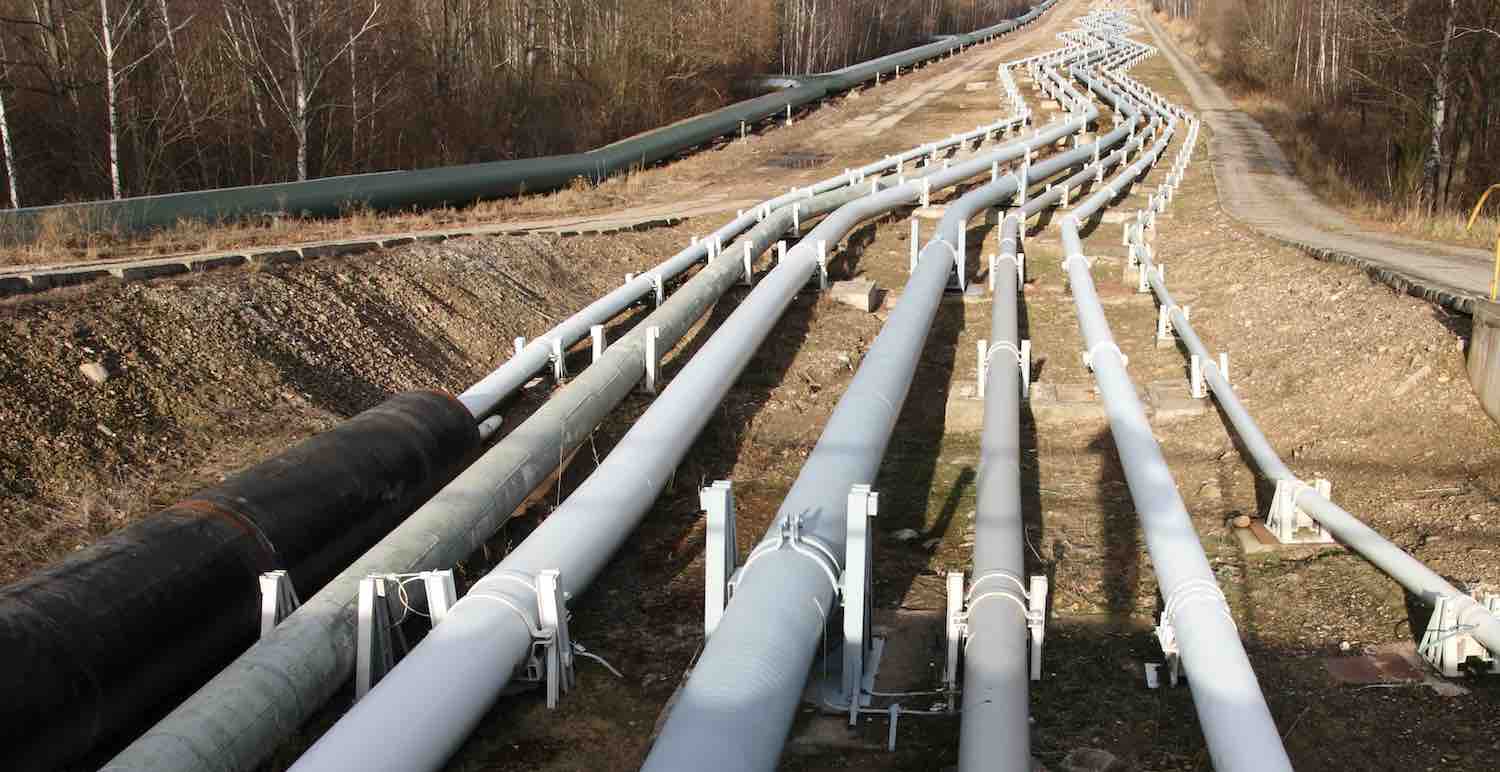ImpactAlpha, May 19 – Reaching net-zero emissions by 2050 will take nothing short of a “transformation of how energy is produced, transported and used globally,” according to the International Energy Agency’s Net Zero by 2050.
What’s not needed: any new development of fossil fuels, including oil, gas and coal. Starting now.
“Pretty clear message from the IEA for all of my friends in the investment and finance space — no new investment in fossil fuels,” tweeted Tom Steyer.
The IEA was created in the 1970’s to safeguard oil supplies and has been accused of downplaying renewable energy. No longer.
Wind and solar power installations need to quadruple by 2030, according to the IEA’s net zero pathway. For solar, that requires installation of the equivalent of the world’s largest solar park – every day. Electric vehicle sales need to increase a dozen-fold and EV battery production 40x. Global clean energy investment will have to hit $4 trillion a year by 2030, from about $600 billion last year.
Keep it in the ground
The report backs up investors and asset managers pressing fossil fuel companies to cut exploration and drilling – and removes any lingering excuses for asset managers hesitant to take action against complacent directors.
“The industry has used IEA scenarios as a shield to justify its continued investment in oil and gas for a very long time, so this switch is quite momentous,” said Ceres’ Andrew Logan. “It’s going to be an interesting reality check for companies, but also for investors.”
Deployment, deployment, deployment…
The technology to achieve net-zero emissions by midcentury – and carbon-free electricity by 2040 – is mostly available today, said IEA’s Fatih Birol. Deployment, rather than offsets or far-off innovations, are key.
CarbonTracker reached a similar conclusion. Solar and wind can supply more than 100 times global energy demand, argues the firm’s the firm’s Kingsmill Bond in a recent report. About half of that potential is cost-competitive today; more than 90% will be by 2030.
Caveat orbis
More ambitious country and corporate climate pledges are needed ahead of November’s COP26 summit in Glasgow. Current targets fall short of what’s needed to keep warming to 1.5 degrees Celsius. The report lays out 400 decarbonization milestones.
“In the absence of greater international cooperation, it will take several decades longer to reach net-zero emissions globally,” warned Birol.











